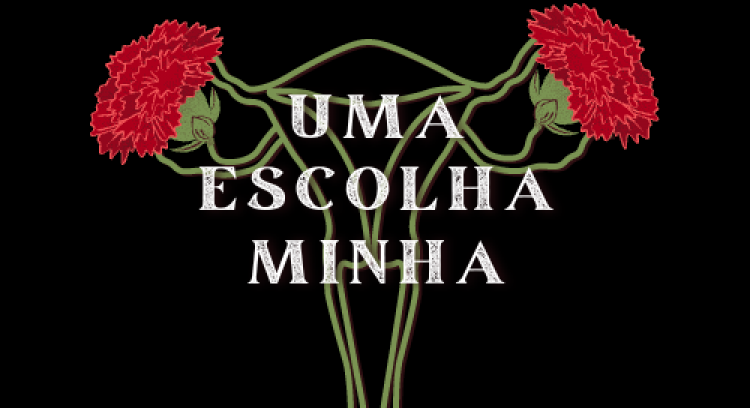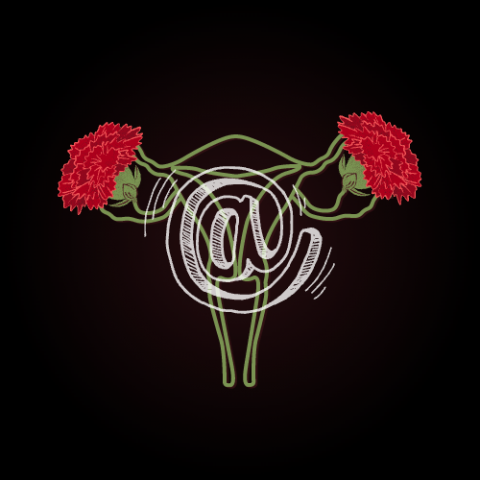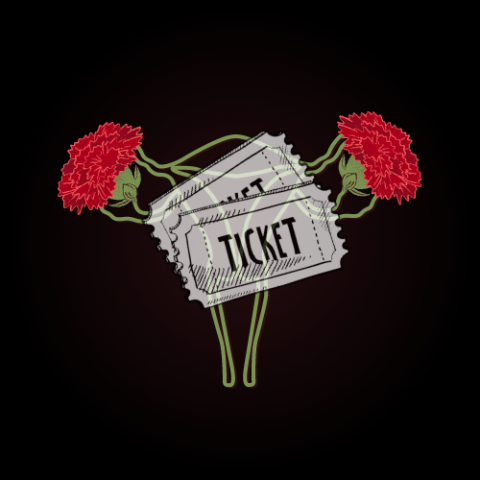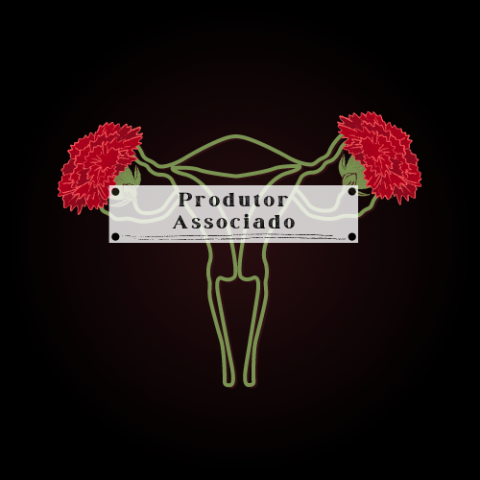In different years, three people are faced with the difficult decision of whether to go ahead or terminate their pregnancy.
Abortion must be a choice of those who have to live with it.
What to do in the face of an unwanted pregnancy? On a split screen divided into three, we follow three different moments in the contemporary history of Portugal and reflect on the power of choice these people have and the extent to which that choice is really free.
Clara becomes pregnant in 1972, when abortion is still illegal in Portugal. In the midst of a dictatorship and with conservative parents, it is with the help of a friend and a midwife that Clara manages to have a clandestine abortion. However, the poor conditions for the procedure will make Clara look for courage within herself that she didn't know she had.
In 2007, Joana goes to a clinic to have an abortion. In the year where it became legal in Portugal to have an abortion for those who want to do it by choice and, given the circumstances of her family's poverty and her first job waiting for her in London, Joana considers this to be her best option. In the office, she is the target of judgment by her doctor who refuses to help Joana to have an abortion.
Alex discovers that they have become pregnant and questions what this female role represents for their non-binary identity, even though they are in 2022. In a conversation with Daniel, the baby's father, Alex is confronted with the decision they have to make, but without knowing what that means to them.
Uma Escolha Minha intends to raise awareness about the history of abortion in Portugal and how society, politics and economics from various eras influence it. Faced with this sensitive subject, we want to reflect on the past and encourage consideration for the future.

Split Screen






